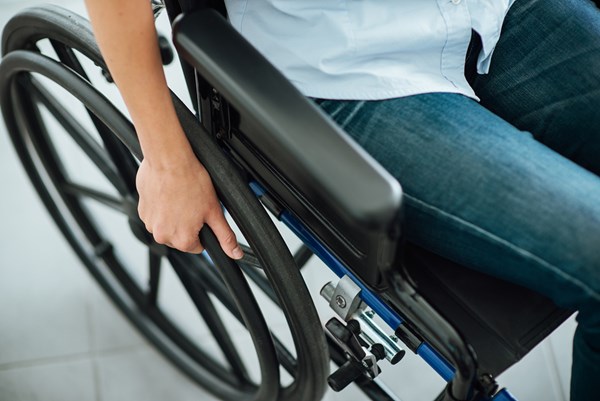Announcing $1 million in State Government funding for the NRP as part of the 2016-17 State Budget, Health Minister John Day and Treasurer Mike Nahan said funding for the Spinal Emergency Evaluation of Deficits (SPEED) and Immediate Cooling and Emergency Decompression (ICED) research could help prevent crippling injuries.
"The results of this research could mean the difference between future accident victims being able to walk or being confined to a wheelchair," Day said.
"Eighty people sustain spinal cord injury in WA each year, more than twice the national average. It is imperative we do everything possible to reduce the impact of these injuries."
Based on clinical evidence that immediate cooling of the spinal column may 'buy time' by reducing the rate of damage, the Western Australian study links with a seven-year national trial to determine the benefits of reducing temperature to improve outcomes.
"Neurotrauma specialists have a saying 'time is spine'," Day said.
"St John Ambulance WA is joining the research team, recording spine trauma on-site and helping develop systems to give patients the best chance of reduced spinal cord damage from the minute that paramedics arrive.
"While this will potentially benefit accident victims across WA, it could be especially important in country areas, where long distances mean longer periods before patients reach hospital.
"Following initial research this year, it is hoped a clinical trial of spinal cooling will be conducted in WA in 2017."
Dr Nahan said the funding was part of the record $8.6 billion 2016-17 Health Budget.
"This is another example of our support for Western Australian research that promises positive impacts," the Treasurer said.
"By pooling our expertise with specialists in other States, we are maximising the potential benefits not just for West Australians, but for accident victims worldwide."

